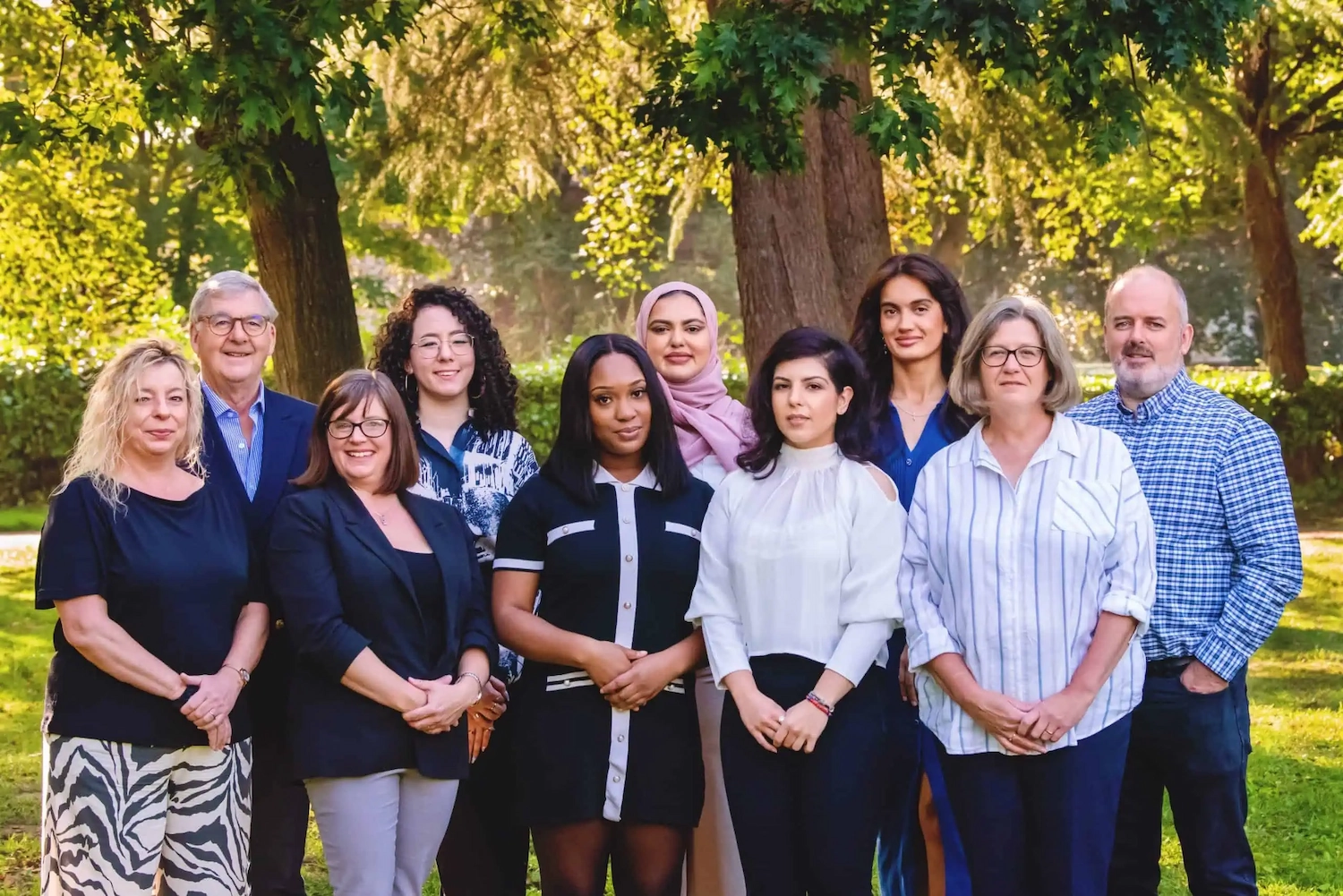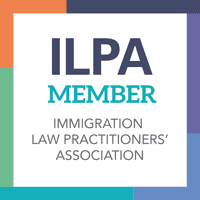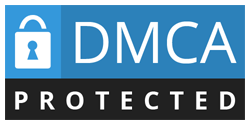Are you a non-UK resident seeking employment in the country? The UK Certificate of Sponsorship process can be a daunting and complex journey. However, with the right guidance and understanding, you can unlock the keys to success and navigate this process with ease.
In this article, we will break down the UK Certificate of Sponsorship process step by step, providing you with accurate and up-to-date information. Whether you are a skilled worker, an employer looking to hire talent from overseas, or an organization wanting to sponsor an employee, we have got you covered.
We will explore the eligibility criteria, the application process, and the documents required to successfully obtain a Certificate of Sponsorship. Additionally, we will provide invaluable tips and insights to help you streamline the process and avoid common pitfalls.
With our comprehensive guidance, you'll be well-equipped to make informed decisions, increasing your chances of success in obtaining the necessary sponsorship for your UK employment opportunities.
What is a Certificate of Sponsorship?
The Certificate of Sponsorship (CoS) is a document that is required for individuals who wish to apply for a visa to work in the UK. It is necessary because it allows sponsored workers to legally work in the UK for a specific employer, for a limited period. The CoS is a valuable and important document that provides individuals with the opportunity to work and gain experience in the UK, and it is essential for employers who wish to hire skilled workers from outside the UK.
For an individual to make a valid visa application under the Skilled Worker and other sponsored work routes, a sponsor (employer) must first assign a Certificate of Sponsorship (CoS) to them.
The Certificate of Sponsorship is a document issued by a licensed sponsor, confirming their intention to sponsor a migrant worker's visa application.
Our team provides a clear understanding of the purpose and significance of the CoS, ensuring employers and individuals are well-informed throughout the process.
Understanding the requirements for a CoS
Obtaining a UK Certificate of Sponsorship (CoS) requires meeting specific requirements set by the UKVI. Understanding these requirements is crucial to ensuring a successful application and navigating the CoS process with ease. Here are some key requirements to consider:
1. Job role and skill level: The sponsored job role must meet the skill level requirements set by the UKVI. The role should be at least at the appropriate skill level, as determined by the UK Standard Occupational Classification (SOC) system. Additionally, the job role should be genuine and meet the requirements of the relevant Codes of Practice.
2. Salary threshold: The sponsored employee must receive a salary that meets the minimum threshold set by the UKVI. The salary threshold varies depending on the job role, location, and the type of CoS. It is important to ensure that the offered salary meets the required threshold to avoid complications or rejection of the application.
3. Genuine vacancy: The sponsored job role must be a genuine vacancy within the sponsoring organization. The UKVI may assess the vacancy to ensure its legitimacy and whether it adheres to the relevant Codes of Practice. Providing accurate and detailed information about the vacancy is essential to meet this requirement.
4. English language proficiency: In most cases, the sponsored employee will need to demonstrate English language proficiency at the required level. This can be proven through various approved English language tests or qualifications. Ensure that the sponsored employee meets the specific English language requirements for the CoS application.
5. Maintenance funds: Depending on the circumstances, the sponsored employee may need to demonstrate sufficient funds to support themselves and any dependents while in the UK. The specific amount required may vary, so it is important to review the UKVI guidelines and ensure compliance with this requirement.
6. Compliance with immigration rules: Sponsors must ensure that they and their sponsored employees comply with all relevant UK immigration rules and regulations. This includes reporting any changes in the sponsored employee's circumstances, maintaining accurate records, and fulfilling their duties as sponsors.
Understanding and fulfilling these requirements is essential to a successful CoS application.
By carefully reviewing the guidelines provided by the UKVI and seeking professional advice, you can ensure that your application is accurate, complete, and in line with the requirements.
Steps to apply for a CoS
The application process for a UK Certificate of Sponsorship (CoS) involves several steps. Understanding each step and following the correct procedures is crucial to ensuring a smooth and successful application. Here is a breakdown of the steps involved in applying for a CoS:
1. Determine the appropriate CoS type: There are two main types of CoS: the Restricted CoS and the Unrestricted CoS. The type of CoS you need depends on various factors, such as the job role, salary, and whether the position is on the shortage occupation list. Determine the appropriate CoS type based on your specific circumstances.
2. Check the eligibility criteria: Before proceeding with the application, carefully review the eligibility criteria set by the UKVI. Ensure that you meet all the necessary requirements, such as the minimum salary threshold, English language proficiency, and any specific industry-related criteria.
3. Create an account on the Sponsor Management System (SMS): To apply for a CoS, you will need to create an account on the UKVI's Sponsor Management System (SMS). This online platform allows sponsors to manage their sponsorship licenses and submit applications. Follow the instructions provided on the SMS to set up your account.
4. Complete the CoS application form: Once your SMS account is set up, you can proceed with completing the CoS application form. Provide accurate and detailed information, including the job details, sponsor information, and the sponsored employee's personal and immigration details. Double-check all the entered data to ensure accuracy.
5. Submit the application and pay the fee: After completing the CoS application form, review all the entered information and ensure its accuracy. Once you are satisfied with the application, submit it through the SMS. Pay the required fee using the accepted payment methods specified by the UKVI.
6. Await the decision: After submitting the CoS application, you will need to wait for the UKVI's decision. The processing time can vary, so it is important to be patient during this stage. Monitor your SMS account regularly for any updates or requests for additional information.
7. Receive the CoS and proceed with the next steps: If your CoS application is successful, you will receive the Certificate of Sponsorship. This document contains the unique CoS reference number, which is required for the sponsored employee's visa application. Once you have the CoS, you can proceed with the next steps, such as applying for a visa or further leave to remain in the UK.
By following these steps and ensuring accuracy and completeness in your CoS application, you can increase your chances of a successful outcome and move forward in your UK employment journey.
Certificate costs
You’ll need to pay a fee when you assign a certificate to a worker. How much a certificate will cost depends on the type of sponsor licence you have.
| Type of licence | Cost per certificate |
| Worker (except workers on the International Sportsperson visa) | £199 |
| Temporary Worker | £21 |
| International Sportsperson - where the certificate of sponsorship is assigned for more than 12 months | £199 |
| International Sportsperson - where the certificate of sponsorship is assigned for 12 months or less | £21 |
If you assign a certificate of sponsorship to a worker on a Skilled Worker or Senior or Specialist Worker visa, you might also need to pay the Immigration Skills Charge.
How to apply for certificate of sponsorship
We can help you with this. We will advise you on what needs to be submitted and guide you through the whole process.
How to maintain compliance with the CoS
Maintaining compliance with the UK Certificate of Sponsorship (CoS) is crucial to ensuring a smooth and successful immigration process. Compliance not only helps you avoid penalties and complications but also demonstrates your commitment to adhering to the UK's immigration rules and regulations.
One of the key aspects of compliance is keeping accurate and up-to-date records. It is essential to maintain a record of all sponsored employees, including their personal information, job details, and immigration history. This information should be readily accessible and regularly updated.
Another important element of compliance is fulfilling your duties as a sponsor. This includes ensuring that your sponsored employees are working in the role specified in their CoS, receiving the appropriate salary, and abiding by the terms and conditions of their employment.
Additionally, sponsors must report any changes in the sponsored employee's circumstances to the UK Visas and Immigration (UKVI) within the specified timeframes. Failure to do so may result in penalties or even the revocation of your sponsorship license.
By actively maintaining compliance with the CoS requirements, you not only demonstrate your commitment to the immigration process but also safeguard your reputation as a responsible and reliable employer.
Can I recover any costs?
Considering the costs of employing a skilled worker it is understandable that employers might want to recover the costs in case an employee leaves the job early. A Clawback clause in the skilled worker employment contracts can assist in achieving that goal. They are, however, a complex matter.
In certain circumstances, the NHS surcharge can also be recovered. That can happen mostly when a visa is refused or is shorter than anticipated at the time of application.
Frequently asked questions about the CoS process
Q: Can a CoS be transferred to a different employer?
A: In most cases, a CoS is specific to the sponsoring employer. If an employee wishes to change employers, a new CoS will generally be required. However, there are some exceptions, such as within the same group of companies or in cases of takeover or merger.
Q: How long does it take to obtain a CoS?
A: The processing time for a CoS application can vary. It is advisable to allow sufficient time for the application to be processed, as delays may occur due to various factors such as workload, complexity of the application, and the specific CoS type.
Q: Can a CoS be extended?
A: Yes, a CoS can be extended if the sponsored employee wishes to continue working in the UK beyond the initial CoS validity period. The extension process involves submitting a new CoS application and meeting the relevant requirements.
Q: Can a CoS be used for multiple employees?
A: No, a CoS is generally specific to an individual employee. Each sponsored employee will require their own separate CoS, even if they are filling the same job role within the sponsoring organization.
Q: Can a CoS be used for self-employment?
A: No, a CoS is typically used for sponsored employment. If you wish to engage in self-employment in the UK, you may need to explore alternative visa options, such as the Start-up or Innovator visas.
Q: Can a CoS be used for multiple job roles?
A: In some cases, a CoS can cover multiple job roles within the same occupation code. However, each job role must meet the relevant requirements, and the specific circumstances should be carefully assessed.
It is important to note that the answers provided here are general in nature and may not apply to every individual case. Consulting the UKVI guidelines and seeking professional advice is recommended for specific and personalized information regarding the CoS process.
Conclusion: The importance of thorough preparation in the CoS process
Successfully navigating the UK Certificate of Sponsorship (CoS) process requires thorough preparation, attention to detail, and a clear understanding of the requirements. By carefully reviewing the eligibility criteria, gathering all necessary documents, and following the correct procedures, you can increase your chances of obtaining a CoS and pursuing employment opportunities in the UK.
Maintaining compliance with the CoS requirements, seeking professional advice when needed, and allowing sufficient time for the application process are essential elements in ensuring a smooth and successful immigration journey.
Remember, the CoS process can be complex, and each case is unique. It is important to stay informed, keep up with any changes in the UK immigration rules, and seek professional guidance if you have any specific concerns or questions.
Unlocking success in the UK Certificate of Sponsorship process is within your reach. With the right knowledge, preparation, and guidance, you can open doors to new employment opportunities and embark on a fulfilling career in the UK.












